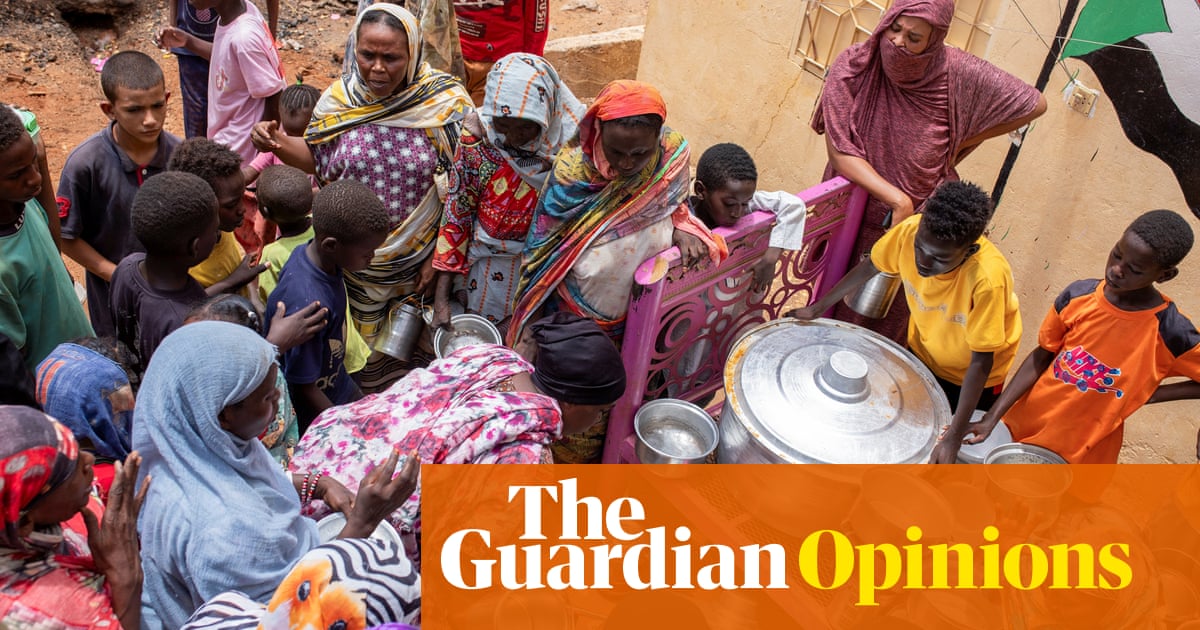
"In the 1990s, the fight against extreme poverty was a success story. However, global poverty reduction has stagnated, with 700 million still living on less than $2.15 a day."
"The UK's aid department has been dismantled despite public support, raising critical questions about the purpose and funding of international aid."
"Denmark adheres to the UN target of spending 0.7% of its GDP on overseas development, but this is not the norm among European nations."
"The IRC's work in Ukraine highlights the growing humanitarian crises, with 240 million people facing severe challenges in various countries on the 2025 Emergency Watchlist."
Over a decade in the aid sector reveals significant innovations, such as impactful education programs and affordable vaccination efforts amidst crises. However, the political landscape around international aid has soured, with the dismantling of key departments like the UK's DFID and USAID, despite evidence of public support for aid. The decline in global poverty reduction rates, especially with 700 million still living on less than $2.15 a day, emphasizes the urgent need for effective aid strategies and funding. Countries such as Denmark maintain commitment to international aid, contrasting with broader trends in Europe. Meanwhile, humanitarian needs continue to rise across multiple crisis regions, including Ukraine.
Read at www.theguardian.com
Unable to calculate read time
Collection
[
|
...
]